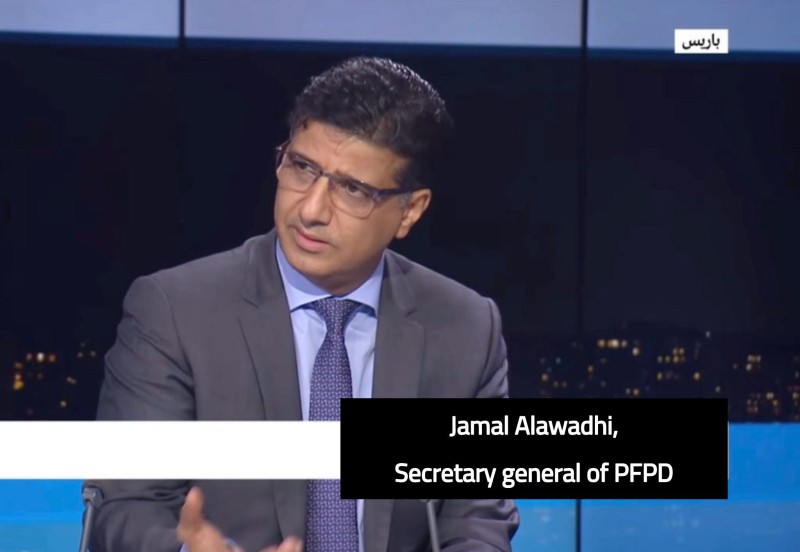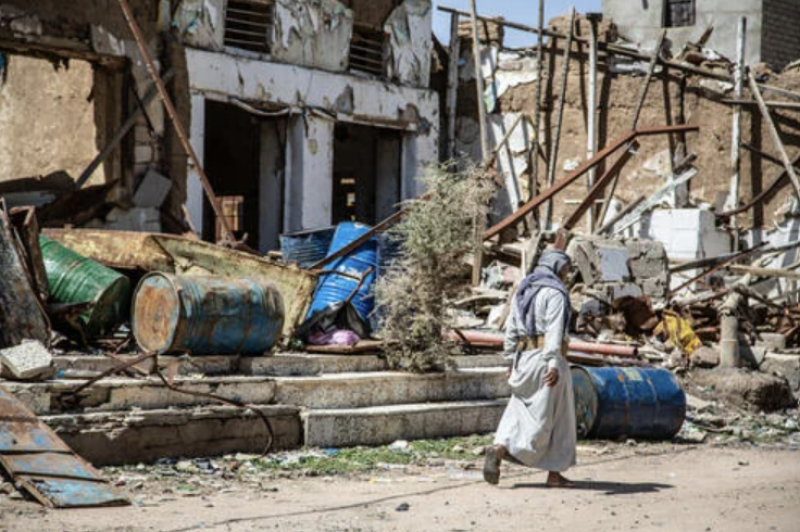How ‘a monumental catastrophe’ was averted with offloading of Safer near Yemen’s Red Sea coast


The news that the threat of a massive oil spill in the Red Sea has receded with the transfer of more than a million barrels of oil from the FSO Safer, a dilapidated storage vessel lying off the coast of Yemen, has come as a huge relief for nearby countries, UN officials and environmentalists.
After months of on-site preparatory work, the $143 million operation got underway at the end of July, with the goal of defusing what UN Secretary-General Antonio Guterres had described as “the world’s largest ticking time bomb.”
An international team siphoned the crude out of the Safer to another vessel — the Nautica, later renamed the Yemen — bought by the UN for the salvage mission.
In a statement on Friday, Saudi Arabia’s Ministry of Foreign Affairs reiterated the Kingdom’s appreciation for the efforts of Guterres and the UN working team who “worked to harness all efforts to end the problem of the Safer tanker.”
Saudi Arabia was one of the first countries to provide financial grants for the offloading operation through donations via the King Salman Center for Relief and Humanitarian Aid.
The Saudi foreign ministry also thanked the Command of the Coalition to Support Legitimacy in Yemen for “facilitating the operational plan process until the ... completion of the unloading of the floating tanker Safer.”
Had the condition of the Safer been allowed to deteriorate further, massive quantities of oil could have spilled into the Red Sea, causing incalculable environmental and economic damage.
“Thank God, it is over,” Walid Khadduri, an oil analyst and former editor-in-chief of the Middle East Economic Survey, told Arab News from Beirut. “The UN working team prevented a veritable catastrophe from happening. It could have been a major one.”
The Red Sea and its “distinct ecosystem,” with coral reefs and seagrass beds, would have been most at risk, he said.
“The environment would have been the hardest hit by an oil spill, followed by maritime traffic.”
Now that most of the oil has been transferred from the Safer, saving Red Sea ecosystems and fishing communities up and down the Yemen coast from potential disaster, a UN-purchased vessel will tow the Safer to a “green scrapping yard.”
Achim Steiner, administrator of the UN’s Development Program, described the offloading operation as “one of the most significant preventative actions taken in recent years.”
He said: “Some of you have written and called the FSO Safer a ticking time bomb. I think it is fair to say that as of today, that ticking is no longer an immediate threat.”
The Safer, a 47-year-old floating oil storage vessel, was moored in the Red Sea, north of the Yemeni ports of Hodeidah and Ras Issa — a strategic area controlled by the Houthi militia.
It was built in the 1970s and later sold to the Yemeni government to hold up to 3 million barrels of crude oil pumped from the fields of Marib, a province in eastern Yemen.
The vessel was 1,181 feet long with 34 storage tanks, and held more than 1.14 million barrels of oil before the UN operation began — four times as much as was spilled in the 1989 Exxon Valdez disaster off Alaska, one of the world’s worst ecological crises, according to the UN.
Minimal maintenance since Yemen’s civil war began in 2015 left the Safer vulnerable to corrosion and increased the risk of leaks.

Al-Hodeidah – Local sources in Yemen’s Al-Hodeidah province have disclosed that Houthi militias are resorting to new methods of exploit…

By Jamal Al-Awadhi For years, Yemen has been treated by the international community as a marginal conflict an unfortunate…

AbuDhabi -- The U.S. State Department announced Thursday that Secretary of State Marco Rubio held a phone call with UAE Foreign Minister Sheikh Abd…